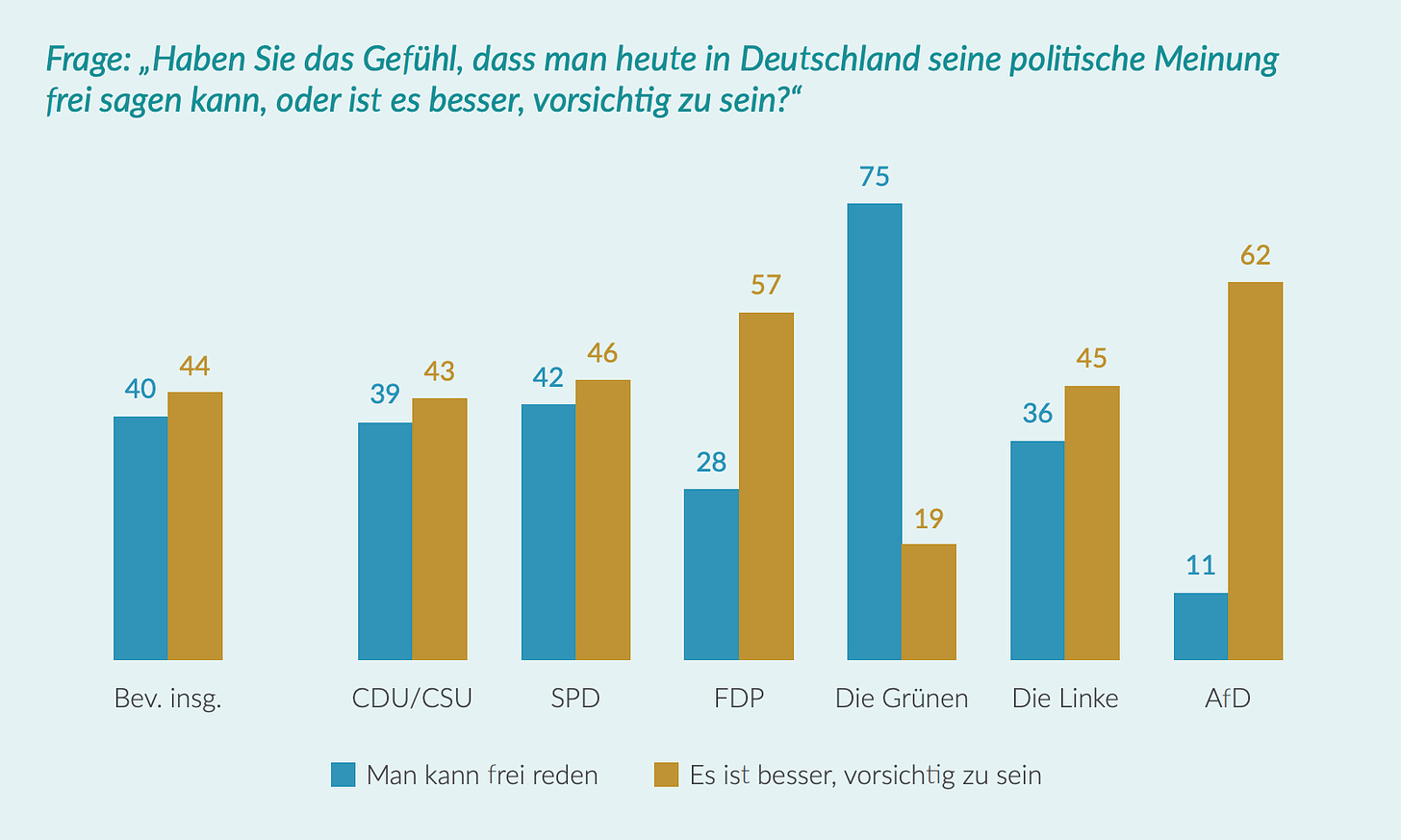I can name maybe half a dozen books (including the Bible) which have been pivotal to my intellectual development. What Has Government Done to Our Money, by Murray N. Rothbard, is one of them. Here‘s the Wikipedia page on the book.
I cite in the following excerpts from the preface by Professor Jörg Guido Hülsmann.
What Has Government Done to Our Money? is an outstanding example of Rothbard’s creative mind at work. Since it was first published in 1964 .[sic! Wikipedia and other sources say 1963], it has appeared in four editions in English, and has been translated into many foreign languages. It has served as a primer on monetary theory for all its readers. In fact, it is probably the most brilliant introduction to monetary theory ever written, presenting both the foundation of monetary theory and exploring the role of the state in the degeneration of monetary systems. The book is suitable not only for economists, but also for non-academics and all people interested in the subject. It is, like all of Rothbard’s works, a timeless and powerful statement. It leaves the reader with a completely new way to think about the relationship between money and state.
Here the elements and the functions of a free monetary system are presented with brevity and clarity. Rothbard shows how and why gold and silver are used as money on the unhampered market. Money originates neither from social compact nor government edict, but as a market solution of the problems and costs associated with barter. All other tasks usually considered monetary duties of the state — from minting to the definition of the monetary units to the precise form money will take — are left to private entrepreneurs on the unhampered market.
Where is the place of the state in this picture? Doesn’t the state have to guard our money? Doesn’t it have to adjust the money supply and supervise the banks? Rothbard’s answer to these questions is a clear no. Government intervention does not protect money at all but rather threatens its integrity. Government interference leads to more abuse and more instability than the free market would otherwise have tolerated. Instead of solving problems, intervention creates them. Instead of order they bring chaos and economic upheaval.
For Rothbard, the central issue is not whether monetary policy should stabilize the price level or the money supply; it is whether there is a role for the state in the monetary system at all. On this question, Rothbard answers decisively in the negative. Entrusting the money to the state is a grave error. It opens door and gate for totalitarian control of the society by interest groups closely connected to the state apparatus. The consequences are economic and monetary crises, and a relentless decline in the purchasing power of money. Rothbard illustrates this impressively with a short history of the monetary collapse of the West.
Rothbard’s chronicle of decline ends with the breakdown of Bretton Woods and a prediction that the future portends continued exchange-rate volatility, debt accumulation, inflation, crises, bailouts, and a political drive to further centralize control of money and credit. This prediction turned out to be a good summary of the monetary events of the last quarter century. The world economy adopted a de facto dollar standard, a managed monetary integration came to Europe, and crisis has followed crisis in Asia, Russia, Mexico, and Central and South America, along with exploding deficits and debts in the United States. Undoubtedly many more will come our way.
This new edition includes a detailed reform proposal for a 100% gold dollar [see online here], an essay first published in 1962, the same year that Man, Economy, and State appeared and two years before What Has Government Done to Our Money. That it was written a decade before the last vestiges of the gold standard were abolished does not diminish its power as a proposal for reform.
Would Rothbard’s plan work? Certainly. The limits are due not to its economic viability but rather to the same forces that keep all radical proposals for freedom at bay: political barriers and ideological opposition. Should the conditions ever become ripe for pure liberty again — and Rothbard was ever the optimist — this essay will serve as an outstanding blueprint.
Today all nations face a choice between sound money and continuing monetary depreciation and/or monetary crisis. Sound money, Rothbard shows, means the enforcement of strict separation between the state and money. Rothbard has shown that the world’s party of liberty can embrace what is usually said to be an impossible ideal: an international money protected against the arbitrariness of the state. His analysis and prescriptions deserve even more attention today than when they were first written.
Jörg Guido Hülsmann
Angers, France
April 2005
